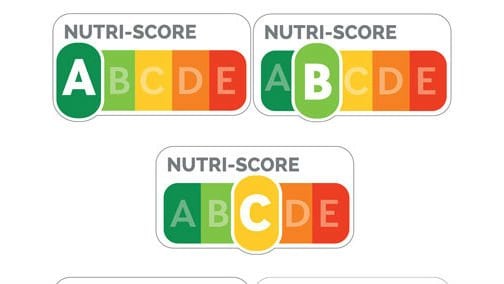According to a paper published in Cirugia y Cirujanos, the aim is to help with the prevention of overweight, obesity and other non-communicable diseases. The ‘nutrinaut’ cohort will be followed for ten years, until 2028.
“The information will enable to develop applied research, learn and monitor food contributions and nutritional status of the population, assess the impact of public health actions on feeding behavior and nutritional status, comparing populations between countries (Mexico, France, Belgium and Switzerland) and national institutes, universities and states,” wrote the researchers.
NutriNet Santé
The project aims to copy the success of a French cohort called NutriNet Santé, which ran from 2007-2017 and collected data from over 300,000 permanent online users.

The French project led to more than 50 scientific publications, and provided “hard data for public policy in France”, according to the NutriNet Salud website.
Results of the French project are also credited with helping to develop the NutriScore food labeling system, which recently came into force in France: The French government signed a decree on October 31, 2017 backing the voluntary adoption of the front-of-pack nutritional labeling scheme.
A number of food manufacturers and distributors have signed up to the voluntary scheme, including Auchan, Leclerc, Intermarché, Fleury Michon, Danone, and McCain.
Data collection
NutriNet-Salud Mexico will collect data using questionnaires validated in Mexican population. The project will also collect data using its open, low-cost, real-time e-epidemiology instrument.
Mexico has the second highest rates of diabetes and obesity in the world, with an estimated 11.5 million registered diabetics and 15.8% showing a prevalence for diabetes, according to data from the International Diabetes Federation.
The three main areas of study include:
- Eating behaviors and associations with age, gender, socioeconomic conditions, place of residence, and so on.
- The relationship between food intake, physical activity, nutritional status, eating behavior, sleep, depression and health.
- The incidence of, and association between diet with a range of non-communicable diseases, including obesity, diabetes, hypertension, dyslipidemia, cardiovascular disease, cancer, asthma, and many more.
“So, for the first time, health and education professionals and our families, we can benefit from this innovative digital tool, which, through validated international questionnaires, and the most complete food questionnaire with photographs from Latin America, we can know our healthy behaviors and also those of risk,” according to the NutriNet Salud website.
The hope for the project is that it will help with public action, especially to guide nutritional public health policy in the country.
Source: Cirugia y Cirujanos
2018; Volume 86, Number 1, Pages 8-19. doi: 10.24875/CIRU.M18000011
“NutriNet-Salud México. Prospective study online: 2018-2028. Relationship between nutrition and health and determinants of dietary habits and nutritional status”
Authors: J.A. Barriguete-Meléndez et al.

